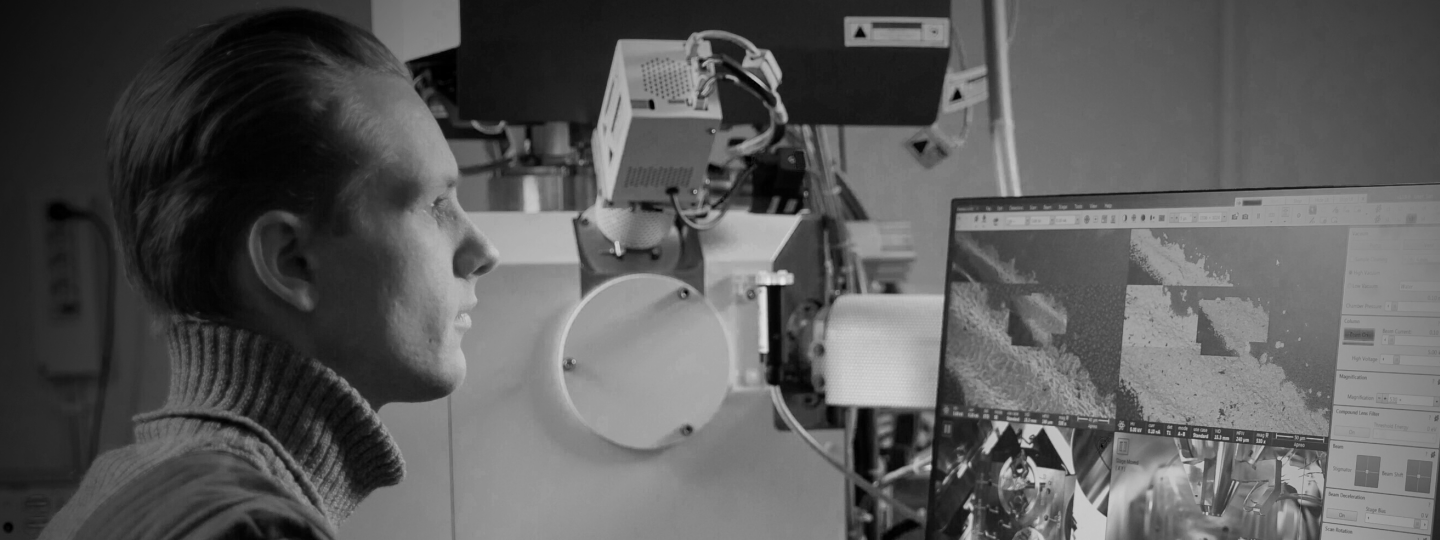Topics of the course are chemical process and environmental engineering, chemistry and materials of energy storages.
The research on the synthesis and characterisation of functional materials is crucial for future technologies for energy capture, storage and conversion, for health care and for materials having properties for more sustainable solutions as recycling, self-healing.
Course contents
- Presentation of chemical and electrochemical synthesis and conversion of different advanced materials.
- An introduction to composite synthesis, a tool for optimising and tuning of desired materials properties.
- Several techniques for nanostructuring of both organic and inorganic material.
- Characterisation of the materials is discussed and several possible techniques for imaging or investigating the surface properties, conductance, electronic structure etc.
- Special focus is put on in situ/operando measurements of organic semiconductor materials and catalysis reactions.
Learning outcomes
After the course, you will
- know several ways of obtaining advanced materials
- also know the main properties of the materials and be familiar with several characterization techniques suitable for solid materials
- be able to evaluate materials properties and to understand application possibilities and limitations of new materials that include composites, hybrid, biomimetic and nanomaterials, and active, functional, responsive and smart materials.
- This course doesn’t have a fixed schedule and it can be studied at your own pace.
- Completion by writing a learning diary (presumed student’s workload for independent studying approx. 50-54 h).
- The material is available online in Moodle.
More information in the University of Turku study guide.
You can get a digital badge after completing this course.
Application instructions are on the course website.
Contact person for applications
Responsible teacher: Carita Kvarnström, University of Turku
Further information about the course and studying: Timo Vasankari, University of Turku
